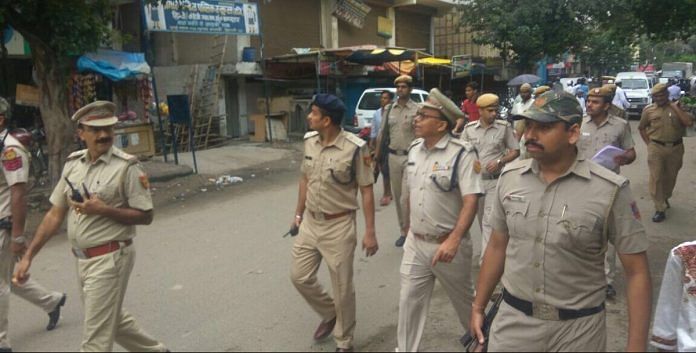Senior bureaucrat Aruna Sharma has lashed out at what she calls the “narrow approach in the name of women’s rights”. She believes this has led to a rampant misuse of law by women, asserting that such “activism” is resulting in men losing faith in the judiciary and the institution of marriage.
Is the call to revisit some of our gender laws and their implementation valid or exaggerated?
On this issue, I have a whole lot of instances to go by, both as a journalist and as a part of an extended Punjabi family. I have seen an uncle and aunt, both senior officers in the Punjab government, spend almost a week in jail after the marriage of a nephew went awry. The elderly couple met the bahu for the first and last time at the wedding, but she got almost every close relative booked and jailed for domestic violence and demanding dowry.
On the flip side, as a reporter, I have also seen a young helpless woman dangling from the fan with her dupatta — unable to bear the torture her married life had become, she decided to kill herself. I recall as the police got the body down, neighbours were talking in hushed tones of the beatings and the daily fights with her in-laws.
Here are other sharp perspectives on Aruna Sharma’s comment on women misusing laws:
Shailaja Chandra: former secretary to the government of India, former chief secretary, Delhi
Amit Lakhani: President of the Men Welfare Trust
Nandita Singh: journalist, ThePrint
Nirupama Rao: former Foreign Secretary and Ambassador
Women-centric laws allow the state to come to the rescue of relationships, complex as they are, between a husband and wife, between daughters-in-law and mothers-in-law. Unlike a murder where the victim is lying dead cold to the world, in a household, in these cases, there can be more than one victim. The victim could even be the perpetrator of the crime and the accused, the victim. Opposing versions of victimhood could both be true. Any law dealing with complex human behaviour and relationships has to, as a result, stress more on the quality of its investigation.
A law can be misused only when the police, which is the upholder of law in these cases, is colluding with either side. The misuse of section 498-A of the IPC, dealing with domestic violence, had become so common that in many cities, victims of its misuse formed associations and forums, and offered legal help to others like them.
In July, SC issued fresh guidelines to reduce its misuse. Similarly, investigation conditions have been made stringent in the Dowry Prohibition Act. Complaints given by married women don’t immediately lead to the arrest of the husband, his parents and relatives. It goes through a process involving senior officers before an FIR is registered.
Chitleen K. Sethi is an Associate Editor with ThePrint



